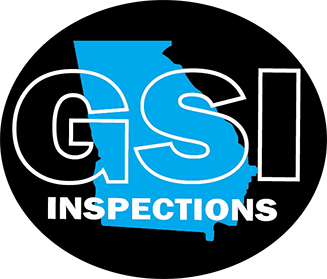 There is plenty to do when buying
There is plenty to do when buying
What Is A Home Inspection?
A Home Inspection is a visual inspection of a home made by a certified home inspector who is trained and has experience in evaluating all the component features in a home, and who is able to give a clear and accurate picture of the condition of these components. It is important to remember that a Home Inspection is basically visual in nature, with no intrusive drilling or digging performed. When you and your Home Inspector have completed the Home Inspection, the house must be in the same (or better) condition than when you first began. A professional Home Inspection is designed to provide you with the information you need to make an informed decision about your potential purchase. You should be able to walk away from the Home Inspection knowing what your immediate major issues are (if any), and what items will need repair or maintenance in the near term.
A Home Inspection should have a distinct two-prong focus.
The primary goal is to clearly identify any significant defect that will affect your buying
A typical Home Inspection can be separated into three distinct areas:
The Home Inspection – The actual evaluation of the property. A thorough inspection of a typical home usually takes about 3 hours, depending
How to get the most out of your Home Inspection.
A little time spent in planning and preparation before the Home Inspection will help reduce your chances of worry during or after the Home Inspection.
Gather Information About The Home: Gather pertinent information about the home that may be useful to the Inspector. These items could include the MLS (Multiple Listing Service) Data sheet, which gives the square footage of the house, the year it was built, and other important information; a copy of the Seller’s Disclosure Statement, which can be helpful when trying to establish historical continuity; copies of any previous Home Inspections; and any other useful information you may have. The more information that your Home Inspector has about the property, the more thorough your Home Inspection Report will be.
Prepare Questions: Make a list of any questions or concerns you have about the house based upon your initial visit(s). Are you planning to remodel after you move in? Share your questions and concerns with your Inspector. The purpose of the Home Inspection is not only to identify potential
Pad And Pencil: Be sure to bring something to take notes with. Your inspector will likely share valuable insights into the workings of your home which may be worth noting. You may also wish to record measurement of room sizes, floor layout, lot layout, etc.
Consider Optional Testing: In addition to a general Home Inspection, you should be aware that optional testing is often desirable. Radon Testing, Air Quality Testing, Pest Inspections, Lead Paint Testing, Asbestos Testing, etc., are several of the more commonly requested additional tests. Most Home Inspectors should be able to coordinate any additional testing for you. Be sure to contact your Home Inspector in advance, so he can prepare and coordinate the additional tests.
What If You Can’t Be Present For The Inspection?Obviously, being able to walk through the house and talk face-to-face with the Home Inspector is the best option. However, there are many times when a buyer cannot be present for the Home Inspection or have a representative join the Home Inspector. When this happens, speak to your Home Inspector and convey any specific questions or concerns you have.
Talk to your Home Inspector after the Home Inspection:Your Home Inspector will be able to review his notes with you and summarize any major issues or potentially significant defects (if any), and what areas are in need of
Call GSI Home Inspections at 404.514.7457 to schedule your Metro Atlanta home inspection. InfraRed Imaging is used in all of our home inspections to help you learn if your home is energy efficient.
